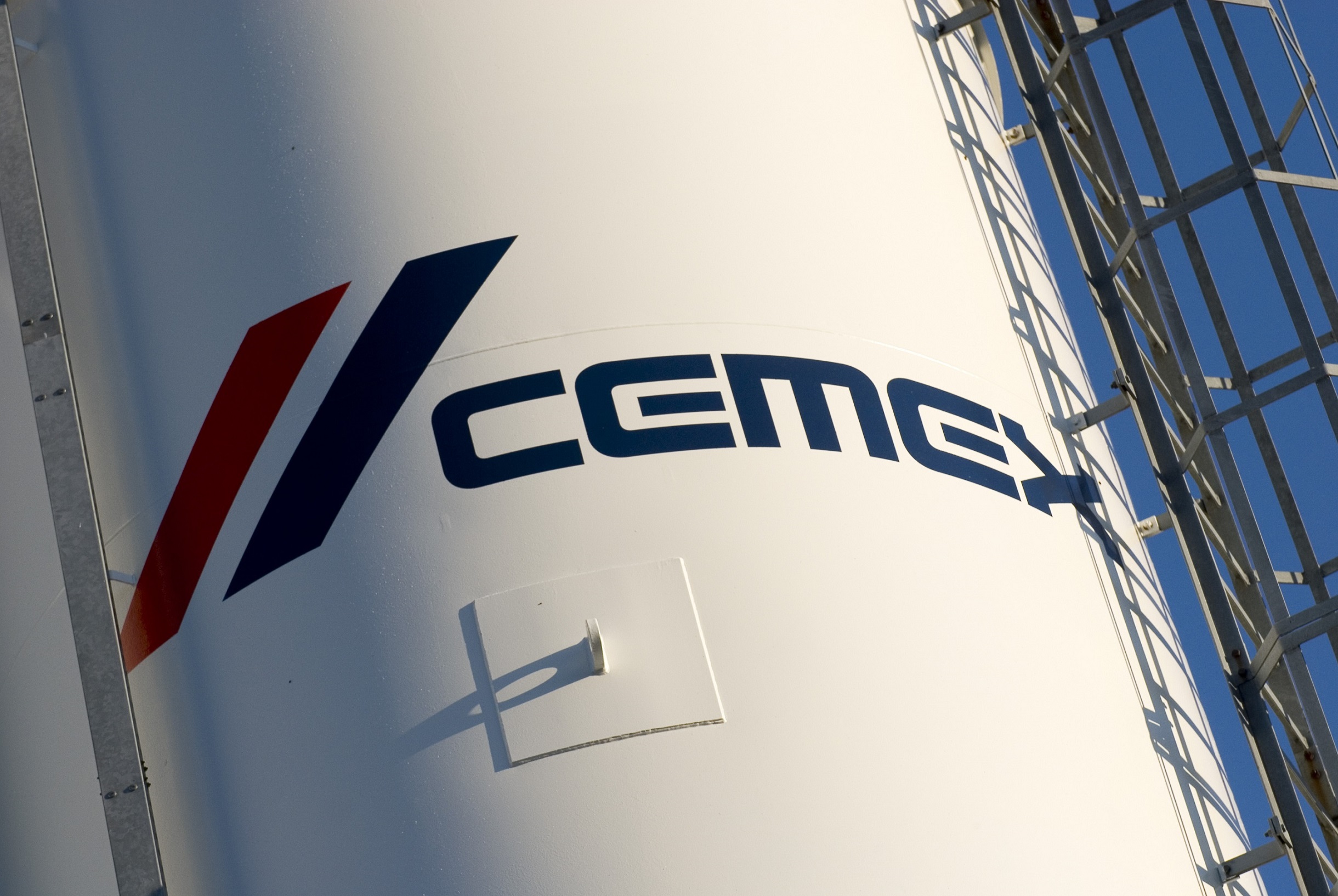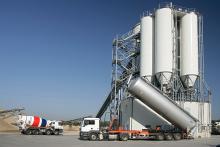
The consortium has obtained nearly €14m funding from the Horizon 2020 Industrial (Waste) Heat to Power conversion call to drive implementation and testing of the technology over a four-year project period starting in June 2021.
Comprising of both profit and non-profit organisations, the consortium will use a special configuration of heat exchangers and heat transfer fluid for higher efficiency. The plant is expected to generate about 2MW of electrical power, which is around 8% of the cement plant requirements.
CEMEX places Climate Action as a daily priority and supports EU policies towards net-zero CO₂ targets. As a global group, CEMEX aims to reduce CO₂ emissions by 35% by 2030 compared to 1990 and to deliver net-zero CO₂ concrete by 2050. In 2020 CEMEX’s European operations had reduced CO₂ emissions by around 35% and became the first company in the sector to align to the EU’s aspiration to reduce emissions by at least 55% by 2030.
“The new sCO₂ technology has a smaller footprint and higher operational flexibility than conventional power plant cycles, which produce power from turbines using water or steam. The sCO₂ cycles use CO₂ that is in a supercritical state - at a temperature and pressure above its critical point where liquid and gas phases are not distinguishable” – said Karol Czubara, CEMEX’s Prachovice Cement Plant director.
The project further demonstrates CEMEX’s clear Climate Action strategy, which shows further progression on upscaling ground-breaking technologies to decarbonise the business and meet EU and CEMEX climate targets.
More information on the project and the consortium partners can be found at: https://cordis.europa.eu/project/id/101022831










